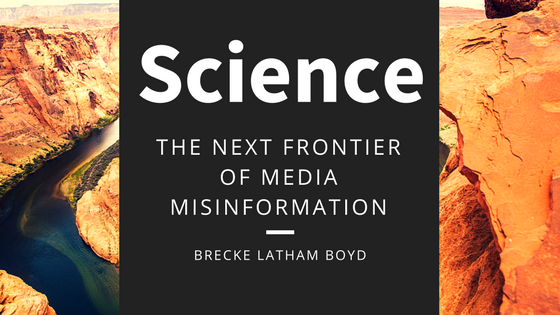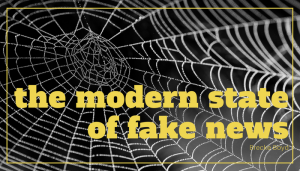Many schools have already implemented Media Literacy classes to help young adults sift through what’s real, what’s semi-real, and what’s totally false in their newsfeeds and Snap stories. From politics to “adult entertainment,” these media literacy classes attempt to equip students with the tools they need to discern the information they should base their decisions on.
One surprising area? Food advertisements. In the US, children suffering from obesity go on to develop lifelong problems, including diabetes, joint pain, cardiovascular diseases, and more. Some blame the problem on the lack of accessibility of healthful foods for both geographical and fiscal reasons. Others blame poor nutritional education, both on the parents’ part and the children’s part. The advertising industry has also taken some of the flack for marketing the salty, oily snacks to kids and using devious tactics to make the snacks seem better than they are.
Advertising dangerous activities to children has been taken very seriously for some time. In the 1990s, the cartoon camel used to advertise Camel Cigarettes came under fire as children began looking forward to the cartoon and associating the camel, and thus smoking, with fun. The company chose to settle a lawsuit alleging its complicity in convincing children to smoke and pulled the cartoon ad altogether.
Some nations have taken some more drastic measures to stop the promotion of harmful substances and snacks to kids. In 2016, eight nations declared that no advertisements for junk food could be aimed at children, and Chile took an especially drastic approach by outlawing the beloved mascots Tony the Tiger, among others, that make junk food appealing to kids.
In the US, though, such sweeping policies aren’t likely to catch on, so educators are taking a different approach — media literacy for food advertisements. That way, young people are more aware of the marketing tactics, half-truths, and imagery that snack companies use to convince them to purchase junk over healthful options.
Virginia Tech rolled out a program designed to help people practice looking at snack ads with a critical eye to point out what information they’re omitting and the other ways their desires for the foods are being manipulated. For example, ads often suggest that a person can become more popular or attractive if they purchase and consume the snack in the ad. The program asks users to create “counter ads” to sugar drinks by drafting alternative taglines that offer more truth than the original.
While widespread inclusion of food literacy may take some time, but it could save lots of money down the road in healthcare costs once today’s youth become adults.

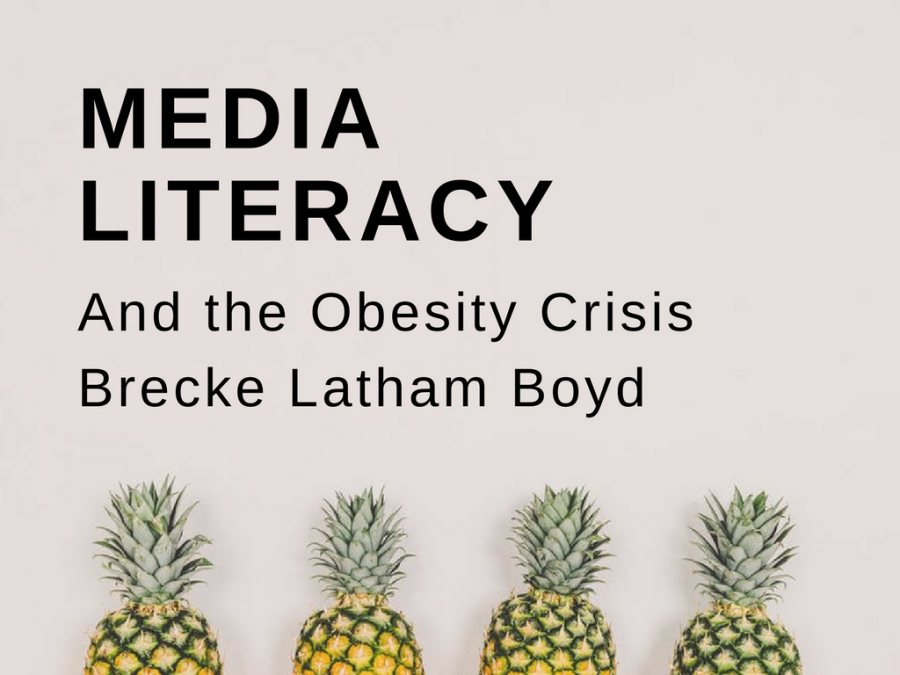
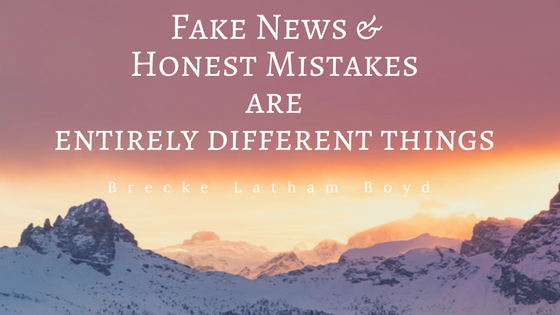
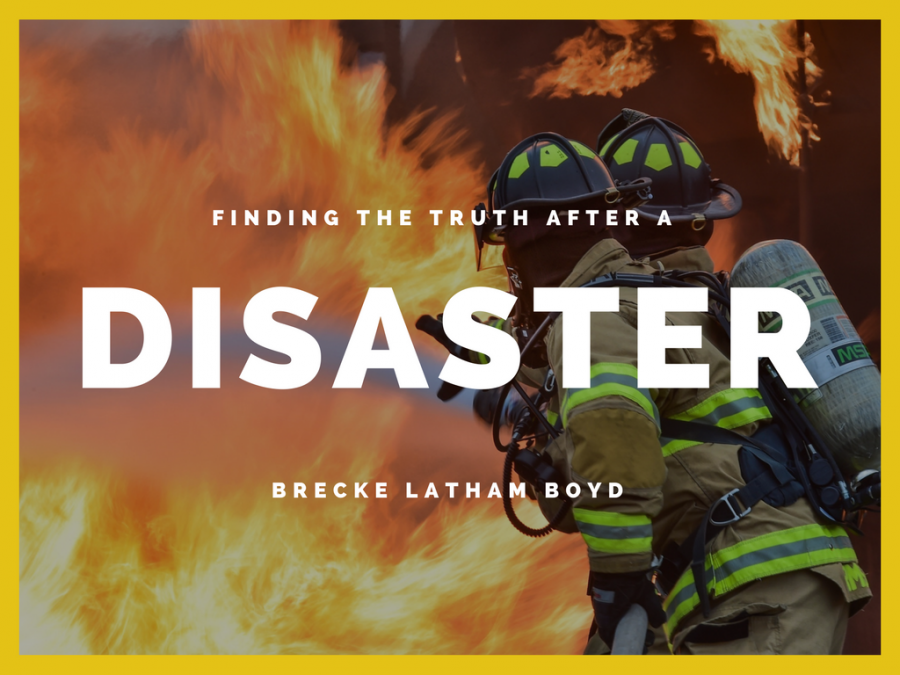

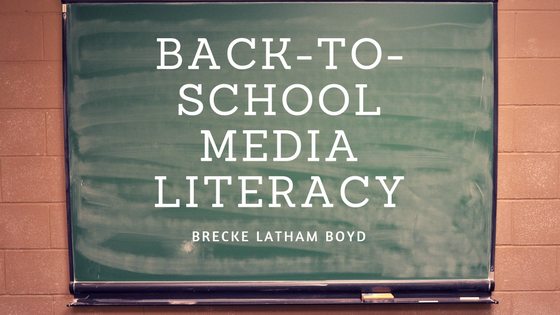
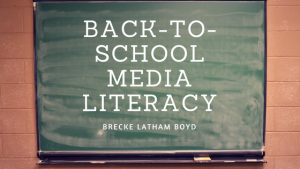 It’s getting to be back-to-school time again. In addition to all the frantic shopping that parents are doing to prepare their kids for a fresh school year, parents also spend these last precious days and weeks mentally and emotionally preparing their students for the realities of the social scene. From bullies to the “popular kids” to respecting teachers and law enforcement officers, there’s a lot of precarious navigating that young people have to do in between — and often during — learning time.
It’s getting to be back-to-school time again. In addition to all the frantic shopping that parents are doing to prepare their kids for a fresh school year, parents also spend these last precious days and weeks mentally and emotionally preparing their students for the realities of the social scene. From bullies to the “popular kids” to respecting teachers and law enforcement officers, there’s a lot of precarious navigating that young people have to do in between — and often during — learning time. 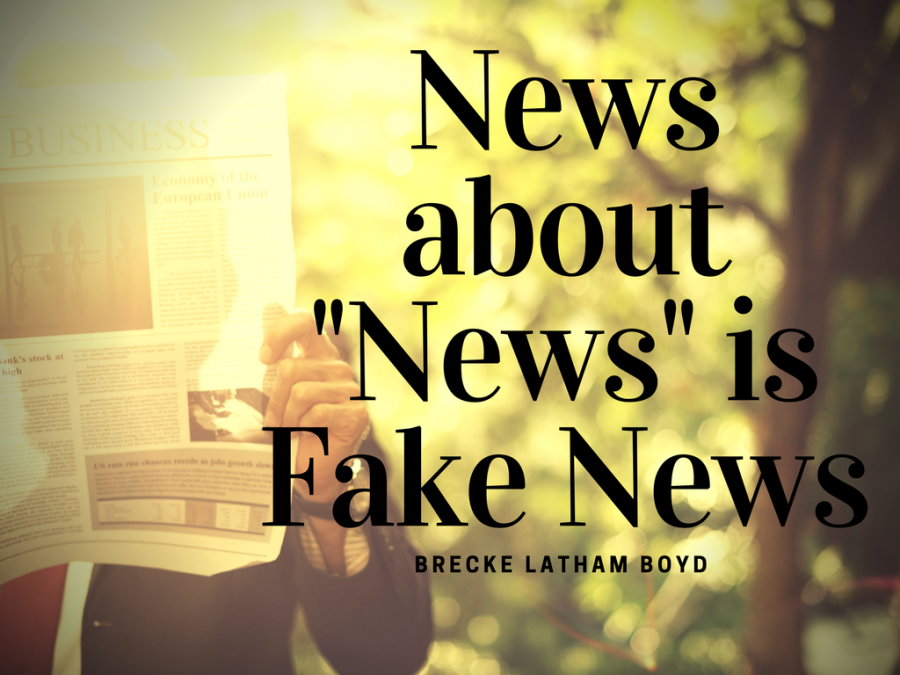
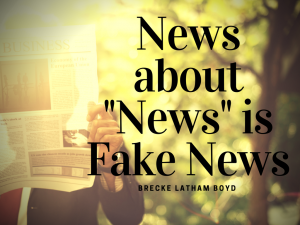 Poor lexicographers
Poor lexicographers 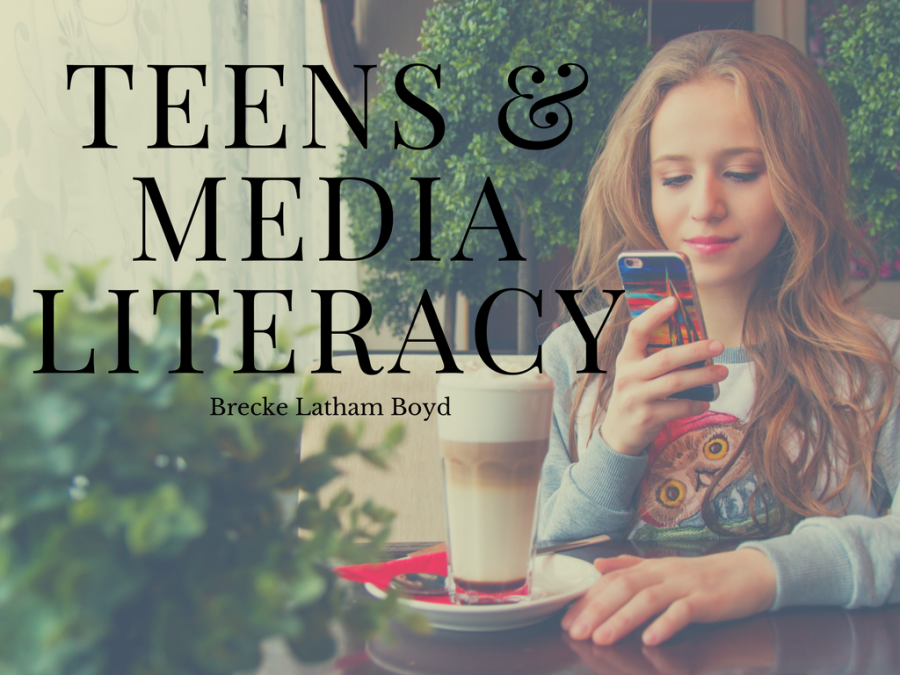

 Fake news: otherwise known as the two words nearly everyone has heard ad nauseam for the past several months. However, in spite of its inherently annoying nature, this phrase represents a very real problem in our society — and others around the world.
Fake news: otherwise known as the two words nearly everyone has heard ad nauseam for the past several months. However, in spite of its inherently annoying nature, this phrase represents a very real problem in our society — and others around the world.